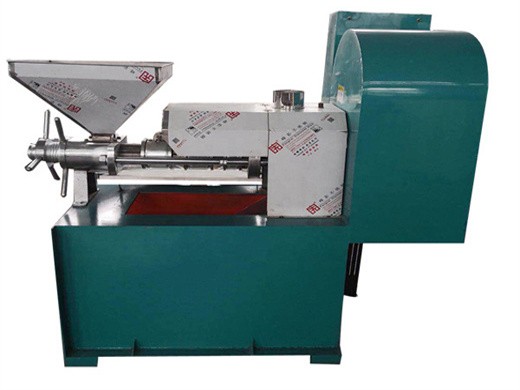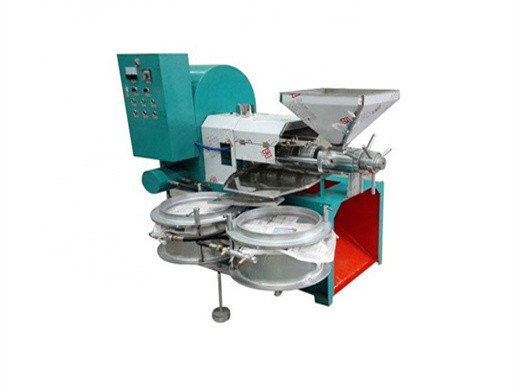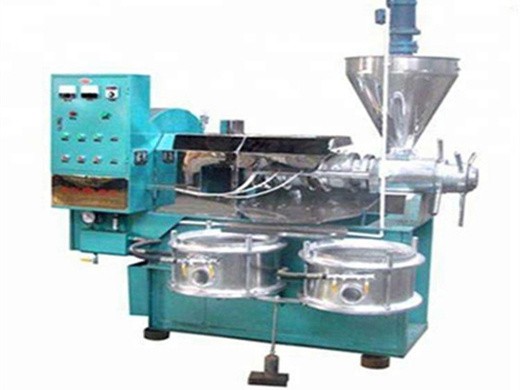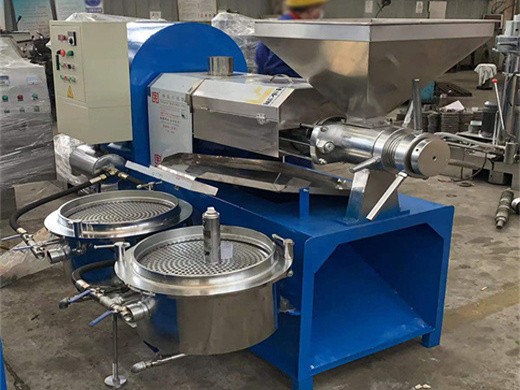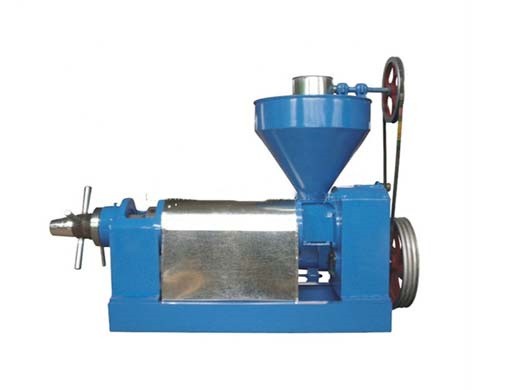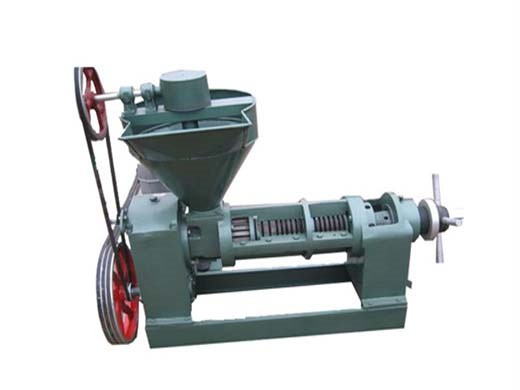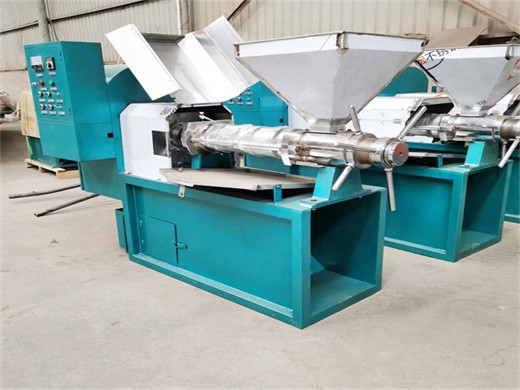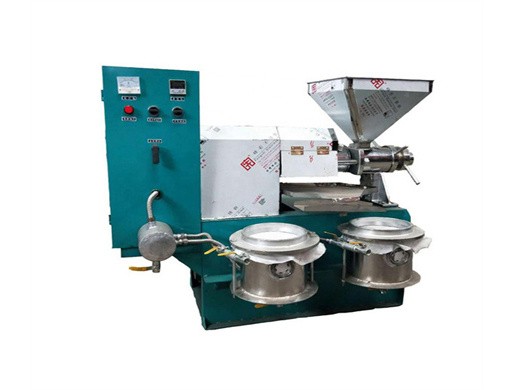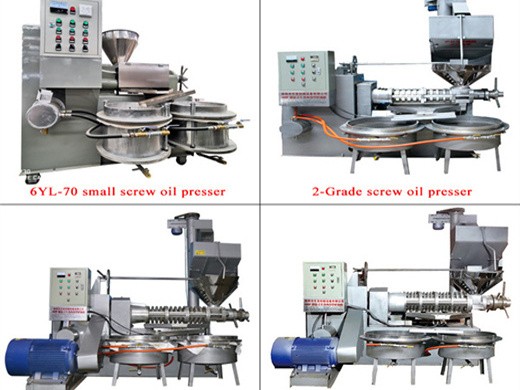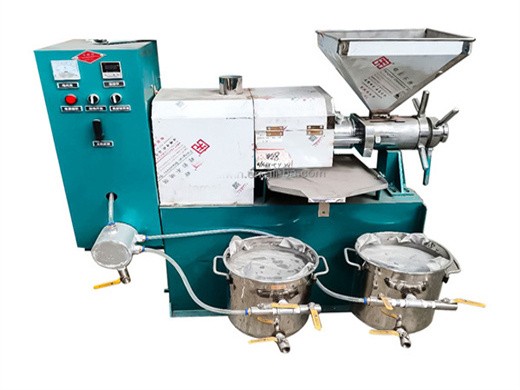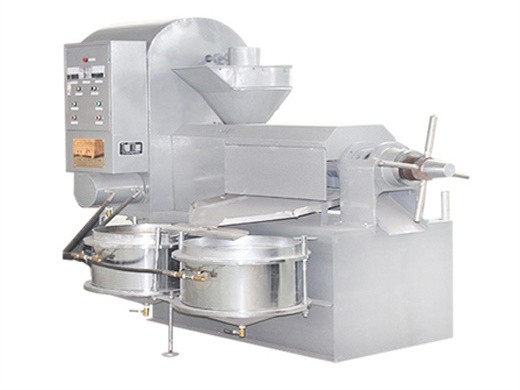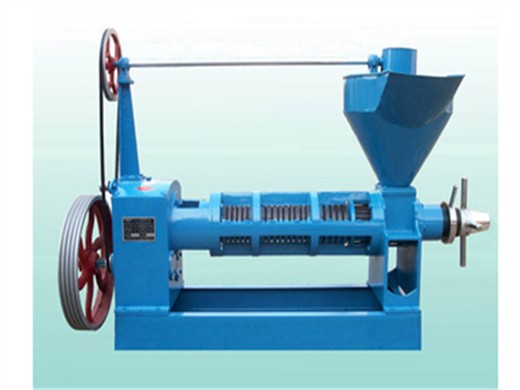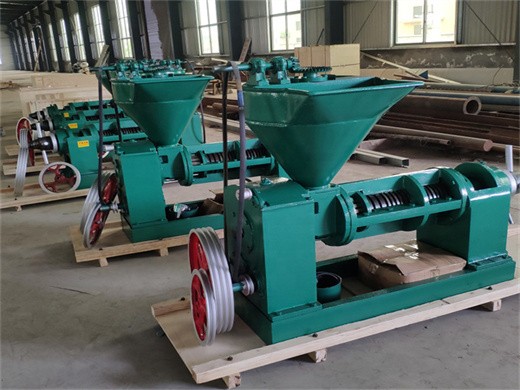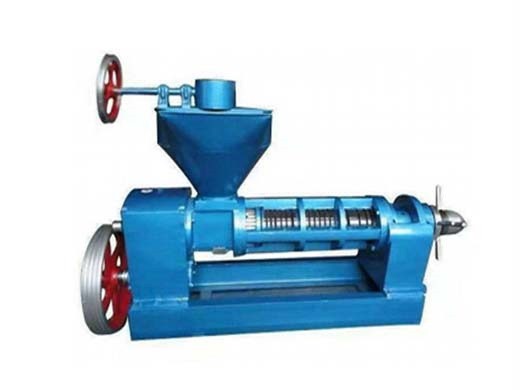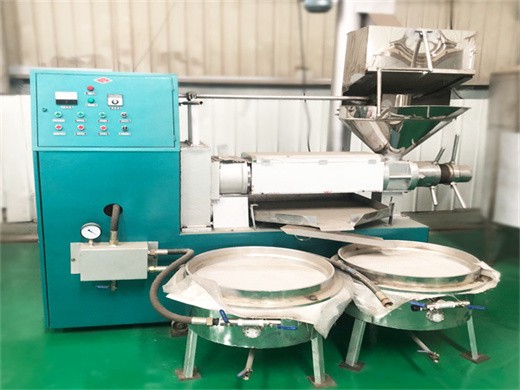An advanced aqueous method of extracting rapeseed oil
Request PDF | An advanced aqueous method of extracting rapeseed oil with high quality | Because of concern about environment, health, and cost, research into the production of rapeseed oil by
The traditional method of extracting the oil is through the use of an oil expeller, a machine that crushes the rapeseed to squeeze out the oils. Clean the rapeseeds by removing any plant material and dirt still attached to the seeds. Place the rapeseeds in a flaking mill and turn on the mill.
high efficiency oil refining equipment rapeseed oil
Rapeseed oil processing machine - Edible oil extraction Rapeseed oil solvent extraction plant is the second step in rapeseed oil machine.Product (cake from cooking oil press section) is carried into solvent extraction palnt.There are still much oil in cake.Solvent sprays onto cake so that cooking oil can be easily extracted.
Because of concern about environment, health, and cost, research into the production of rapeseed oil by aqueous extraction has been promoted. The advanced aqueous extraction method using a 1.5:10 water‐to‐rapeseed kernel slurry ratio without the addition of any chemical which was finally developed in this study recovered 94.73% rapeseed oil with high quality.
Extraction of protein mixture from rapeseed for food
solvent. The objective of this thesis is to design a green process (aqueous extraction process) to extract rapeseed protein mixtures without de-fatting and to investigate the production of emulsions using this protein mixture. In the aqueous extraction process, only water was used as a solvent. To extract the protein mixture, alkaline extraction and isoelectric precipitation were applied. As a result, a protein
solvent extraction, or aqueous enzymatic treatment [1], and has drawn much attention owing to its nutritional benefits. Versus common edible oils such as soybean oil (SBO), rapeseed oil (RSO), corn germ oil (CO), and sunflower oil (SFO), CAO contains high oleic acid concentration (almost 70%–86% of its fatty acid composition) [1,2].
The advantages and disadvantages of extracting edible oil
The steamed solvent vapor is recovered by condensation and recycled. (1) advantages Solvent extraction is an advanced method of extracting oil, which is generally recognized in the world. In summary, it has the following advantages:
The process involves mixing ground and dehulled oilseeds in vats of hot water and skimming off the ail rising to the surface.4s The hot water flotation method for edible oil extraction from oilseed kernels is a traditional process used in the rural areas of many developing countries 49 The process is accomplished in five basic steps: { 1) heat conditioning of the seed, (2) grinding, (3) extraction by bailing, (4) oil recovery, and ($) drying.
Technical Feasibility of Aqueous Extraction of Rapeseed
Even though the rapeseed oil emulsion was least stable at minimum solubility of catalytic proteins (i.e. pH 4-5), more oil seemed to be absorbed in the residue, giving the minimum yield at this pH range. This was also observed by Hagenmaier et al., 1972, and Rhee et al., 1972, in aqueous extraction of coconut and peanut oil, respectively. Hence
An aqueous enzymatic extraction method was developed to obtain free oil and protein hydrolysates from dehulled rapeseeds. The rapeseed slurry was treated by the chosen combination of pectinase, cellulase, and β-glucanase (4:1:1, v/v/v) at concentration of 2.5% (v/w) for 4 h. This was followed by sequential treatments consisting of alkaline extraction and an alkaline protease (Alcalase 2.4L
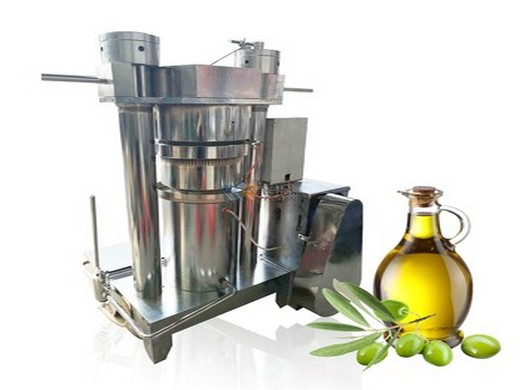
Optimization of the Aqueous Enzymatic Extraction
An aqueous enzymatic extraction method was developed to obtain free oil and protein hydrolysates from dehulled rapeseeds. The rapeseed slurry was treated by the chosen combination of pectinase, cellulase, and β‐glucanase (4:1:1, v/v/v) at concentration of 2.5% (v/w) for 4 h.
GET PRICE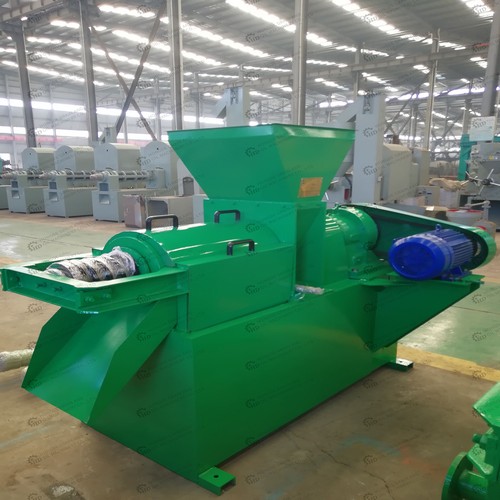
high efficiency oil refining equipment rapeseed oil
Rapeseed oil processing machine - Edible oil extraction. Rapeseed oil solvent extraction plant is the second step in rapeseed oil machine .Product (cake from cooking oil press section) is carried into solvent extraction palnt.There are still much oil in cake.Solvent sprays onto cake so that cooking oil can be easily extracted.
GET PRICE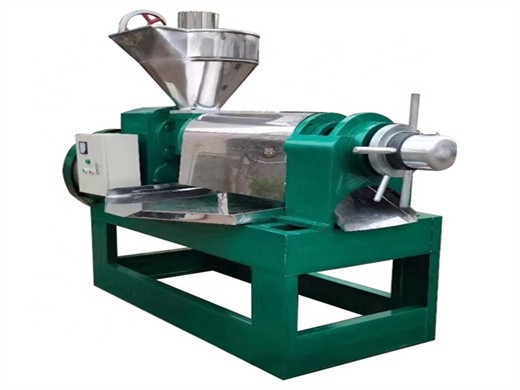
Extraction of protein mixture from rapeseed for food
mostly oil and protein. The current conventional method contains a de-fatting step using hexane as a solvent. The objective of this thesis is to design a green process (aqueous extraction process) to extract rapeseed protein mixtures without de-fatting and to investigate the production of emulsions using this protein mixture.
GET PRICE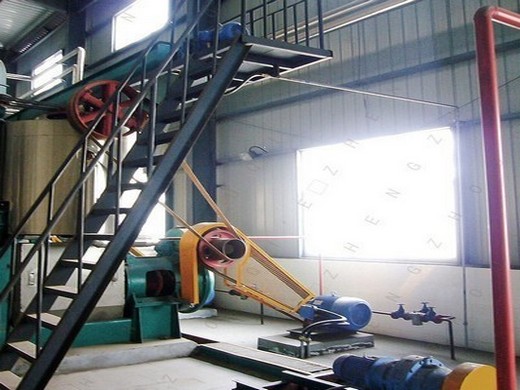
Secondary structure of proteins on oil release in aqueous
Pretreatment and aqueous enzymatic extraction The flow chart for aqueous enzymatic extraction of rapeseed oil is shown in Fig. 1. As such, the dehulled rapeseed were first treated by an electric near-infrared oven at 120°C for 30 min to inactive the native myrosinase and enhance rapeseed oil flavor, followed by dry grinding for 5 min in a DFY-
GET PRICE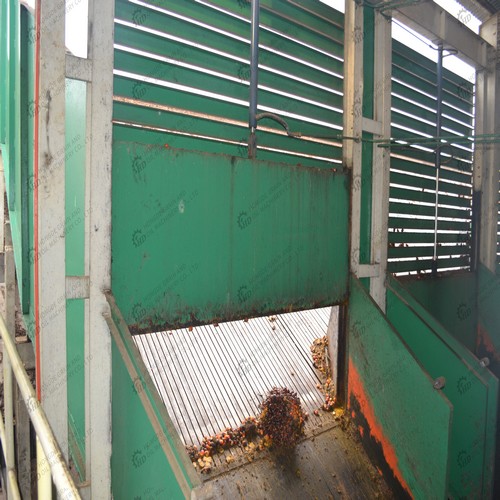
The advantages and disadvantages of extracting edible oil
Solvent extraction is a method of making oil by using the principle of extraction to select an organic solvent which can dissolve oil and make it contact with pretreated oil by soaking or spraying to dissolve the oil and fat in the oil. This method makes the solvent and the oil it dissolves into a solution called a mixture. Using the different boiling point of the selected solvent and the oil
GET PRICE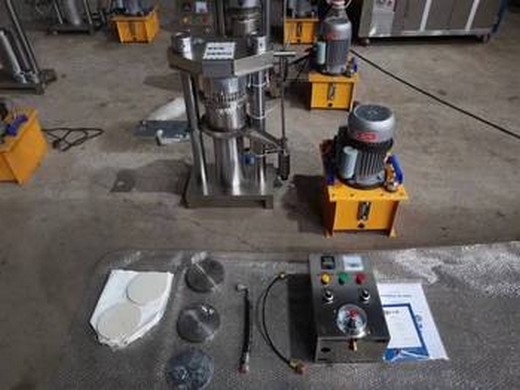
Manufacturer, supplier of Rapeseed oil processing machine
Company offer best rapeseed oil processing machine for rapeseeds oil extracting. All of our rapeseed oil processing machine are very suitable for small ,medium and large scale cooking oil production, not just rapeseed, but also sunflower seeds, soybeans, mustard seeds, palm kernel, groundnuts and so on.
GET PRICE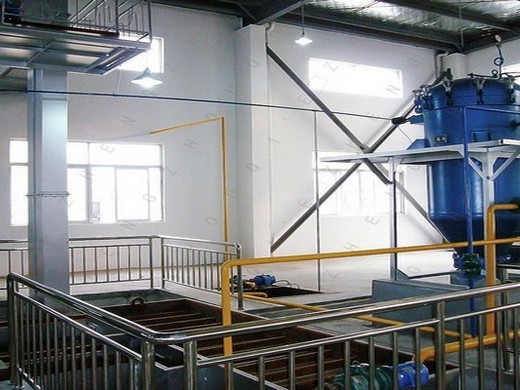
Aqueous Enzymatic Extraction of Rapeseed Oil and Protein
The oil and protein of dehulled cold-pressed double-low rapeseed cake was extracted by an aqueous enzymatic process. The rapeseed cake was treated by the chosen combined enzymes of Viscozyme L and Alcalase 2.4L (VLA,1:1,w/w).
GET PRICE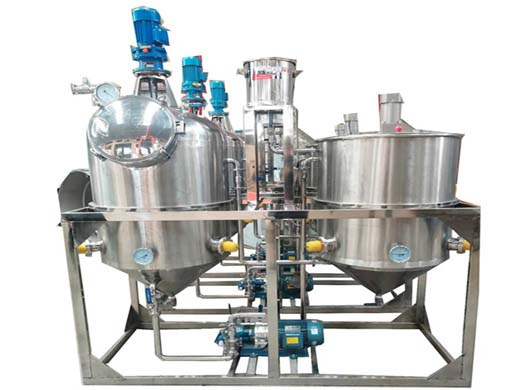
Optimization of the Aqueous Enzymatic Extraction
An aqueous enzymatic extraction method was developed to obtain free oil and protein hydrolysates from dehulled rapeseeds. The rapeseed slurry was treated by the chosen combination of pectinase, cellu...
GET PRICE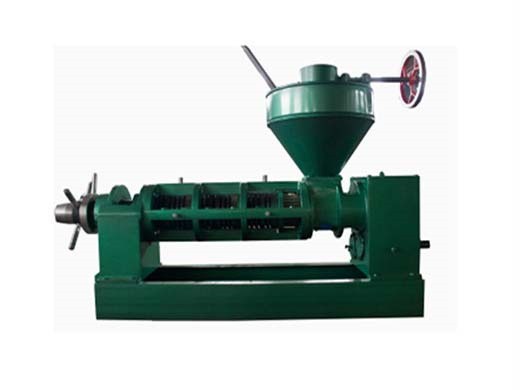
New process for the production of better quality rapeseed
The key operations, boiling of the seed followed by wet-grinding and aqueous extraction, help in the removal of seed coat from the rapeseed. Although aqueous extraction results in the loss of solids, the quality of the end products is good and may offset the loss.
GET PRICE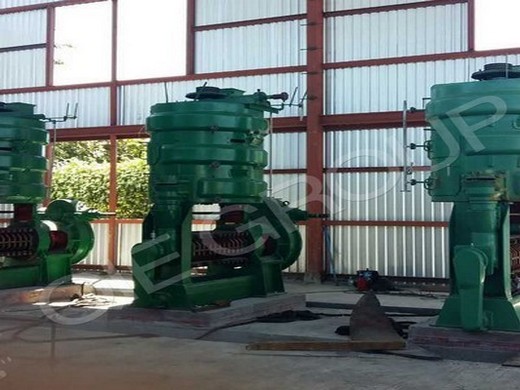
Secondary structure of proteins on oil release in aqueous
Search in. search for Search Advanced Search. Selections (0) Show Selections PubAg. Main content area. Secondary structure of proteins on oil release in aqueous enzymatic extraction of rapeseed oil as affected hydrolysis state (Flavourzyme 1000L, Neutrase 1.5MG, Protamex, Alcalase 2.4L, and Thermolysin) were evaluated for oil extraction
GET PRICE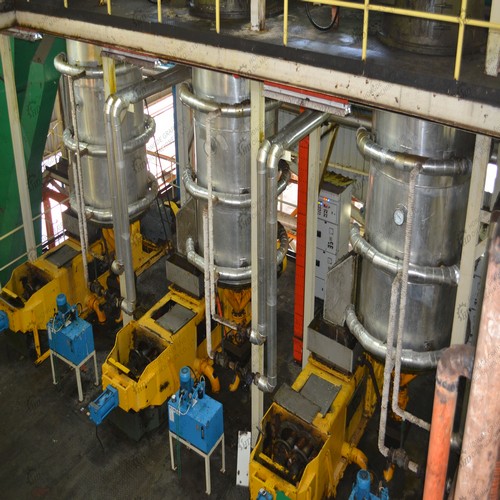
Secondary structure of proteins on oil release in aqueous
(2024). Secondary structure of proteins on oil release in aqueous enzymatic extraction of rapeseed oil as affected hydrolysis state. International Journal of Food Properties: Vol. 21, No. 1, pp. 119-127.
GET PRICE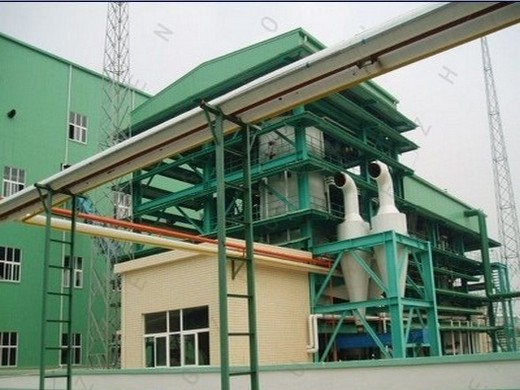
ENZYME ASSISTED EXTRACTS – Anti Aging Extracts
Hence, aqueous extraction methods are better alternatives to organic solvent extraction. Although aqueous extraction is an environmentally cleaner technique, it is not successful due to the lower oil yields (Rosenthal et al.1996). This limitation can be overcome using enzymatic treatment during aqueous extraction of oils (Badr and Sitohy1992).
GET PRICE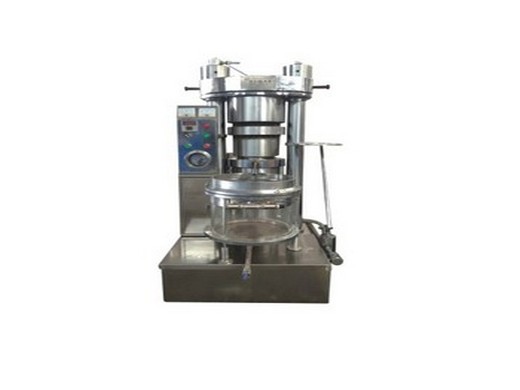
Effect of Extruding Parameters on Soybean Oil Yield
Experiments were carried out to investigate effects of extruding parameters on soybean oil yield extracted with enzyme-assisted aqueous extraction. It was found that extrusion and expansion parameters affected significantly on total soy oil yield. Optimal extrusion and expansion parameters for highest total soy oil yield were obtained using response surface methodology.
GET PRICE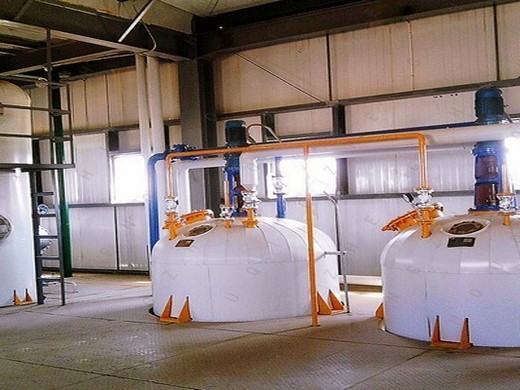
The advantages and disadvantages of extracting edible oil
Solvent extraction is an advanced method of extracting oil, which is generally recognized in the world. In summary, it has the following advantages: Low residual oil in meal; In crushing oil production, because the pretreatment process can not completely destroy the oil cells, protein denaturation can not be very thorough; the temperature of
GET PRICE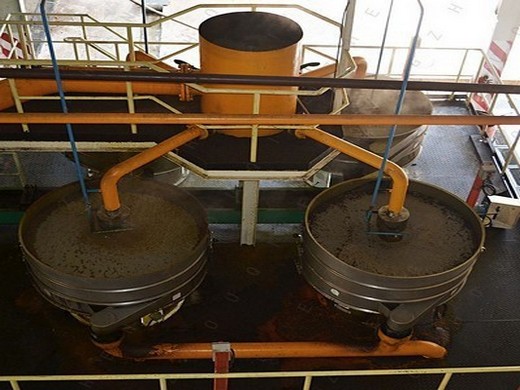
Evaluation of the functional quality of rapeseed oil
The nutritional function of vegetable oil is influenced by different oil extraction methods. In this study, the effects of different processing techniques on the quality of rapeseed oil and animal lipid metabolism were evaluated. Results showed that rapeseed oil obtained by the aqueous enzymatic extraction (
GET PRICE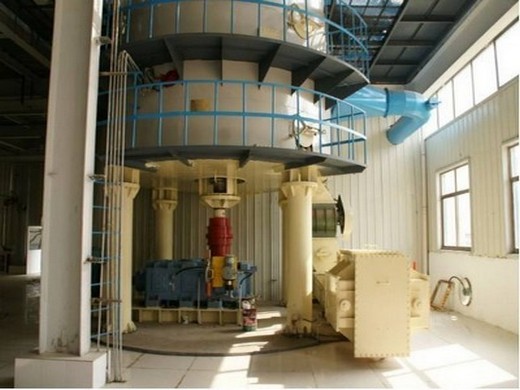
Secondary structure of proteins on oil release in aqueous
(2024). Secondary structure of proteins on oil release in aqueous enzymatic extraction of rapeseed oil as affected hydrolysis state. International Journal of Food Properties: Vol. 21, No. 1, pp. 119-127.
GET PRICE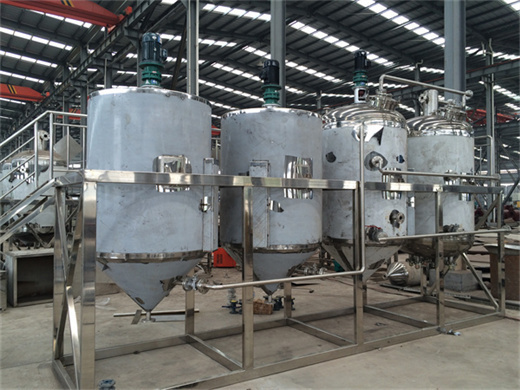
ENZYME ASSISTED EXTRACTS – Anti Aging Extracts
Hence, aqueous extraction methods are better alternatives to organic solvent extraction. Although aqueous extraction is an environmentally cleaner technique, it is not successful due to the lower oil yields (Rosenthal et al.1996). This limitation can be overcome using enzymatic treatment during aqueous extraction of oils (Badr and Sitohy1992).
GET PRICE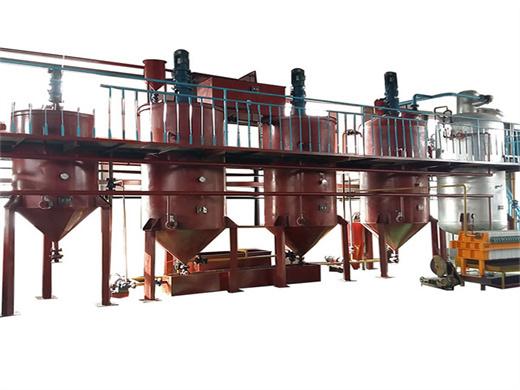
Method for extracting onion seed oil by supercritical
The invention relates to a method for extracting onion rapeseed oil from onion rapeseeds through supercritical carbon dioxide, which belongs to the filed of processing of agricultural and sideline products and is specially used for developing and utilizing the onion rapeseed oil.
GET PRICE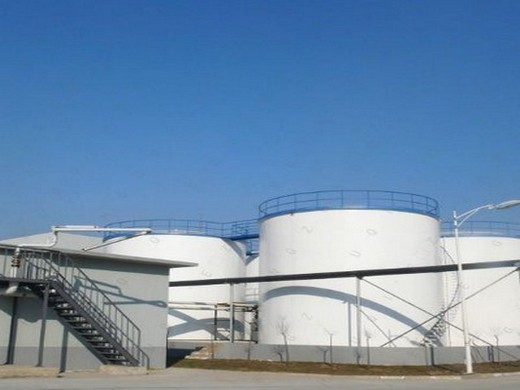
Combination of thermal pretreatment and alcohol-assisted
The alcohol-assisted aqueous extraction processing (AAEP) of oil has many advantages such as no need for demulsification and relative low cost compared with enzymatic aqueous extraction processing (EAEP). Three kinds of thermal pretreatments including dry-heating, wet-heating and soak-heating followed by the AAEP of rapeseed oil were investigated.
GET PRICE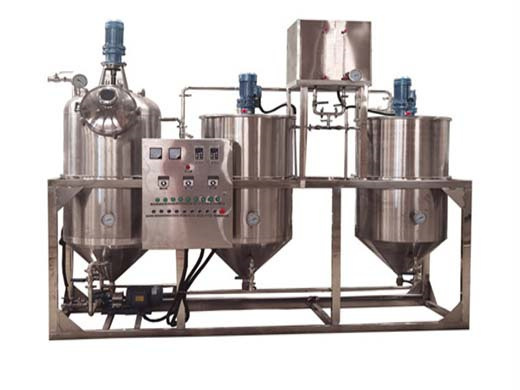
Novel method of determination of pesticides in rapeseed
Novel method of determination of pesticides 1 mol L-1 aqueous solution of hydrochloric acid and washed with small amount of hexane (1/3 of extract volume). In this The overlaid chromatograms of the acetonitrile extract of rapeseed oil without addition of azole pesticides and without clean-up from co-extractants (green) and of the
GET PRICE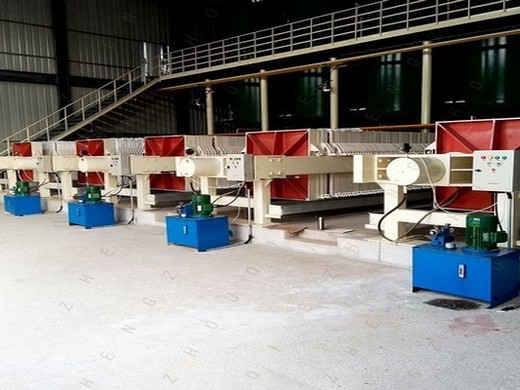
Influence of enzymes on the oil extraction processes
Abstract: The methods of oil aqueous extraction process (AEP) assisted by enzymes are, over the last 50 years, an alternative designed to replace traditional methods of extraction using organic solvents. To extract the oil using an AEP, the use of specific enzymes, able to hydrolyze some or all components
GET PRICE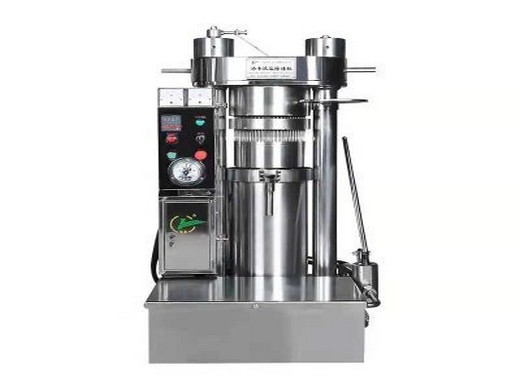
Effect of Succinylation on Aqueous Enzyme-Assisted
Abstract: three oil extraction ways of microwave assisted, conventional and high-pressure oil extraction are compared, we select the high-pressure as the aqueous oil extraction method to carry on the experimental study of the relevant technology and discuss the solid-liquid ratio, baking time, baking temperature, pH value and high-pressure
GET PRICE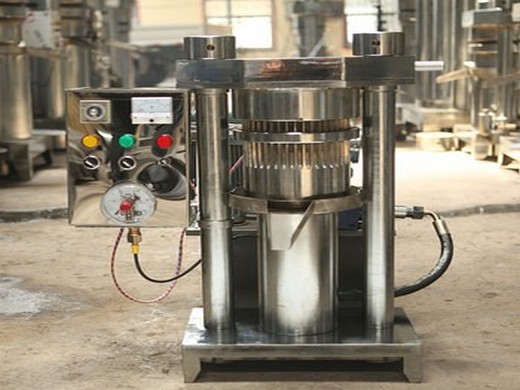
Evaluation of the functional quality of rapeseed oil
The nutritional function of vegetable oil is influenced by different oil extraction methods. In this study, the effects of different processing techniques on the quality of rapeseed oil and animal lipid metabolism were evaluated. Results showed that rapeseed oil obtained by the aqueous enzymatic extraction (
GET PRICE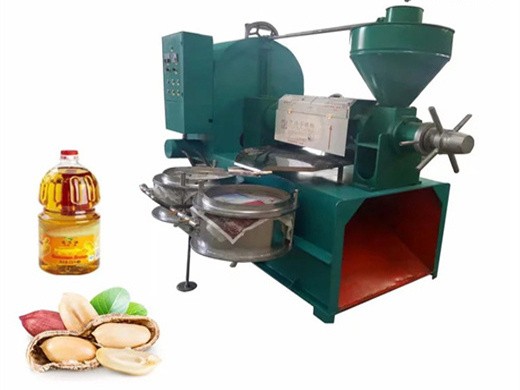
Downstream Processes for Aqueous Enzymatic Extraction
Downstream processes following aqueous enzymatic extraction (AEE) of rapeseed oil and protein hydrolysates were developed to enhance the oil and protein yields as well as to purify the protein hydrolysates. The wet precipitate (meal residue) from the AEE was washed with twofold water at 60 °C, pH 11 for 1 h.
GET PRICE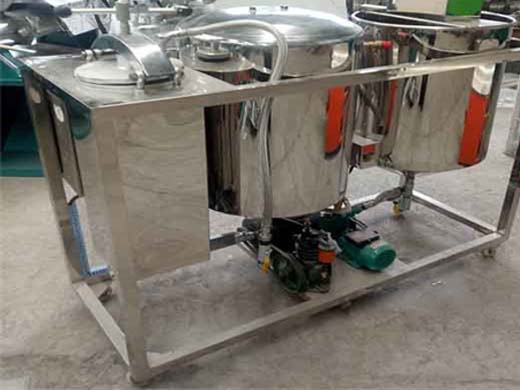
Aqueous Enzymatic Extraction of Oil from Microwave
Abstract: Background: Jicaro seeds can be considered oilseeds due to their high content of lipids, which could be used. Aqueous Enzymatic Extraction (AEE) of oils is a safe, economical and ecological technique, with the disadvantage that oil yields are lower than conventional methods.
GET PRICE